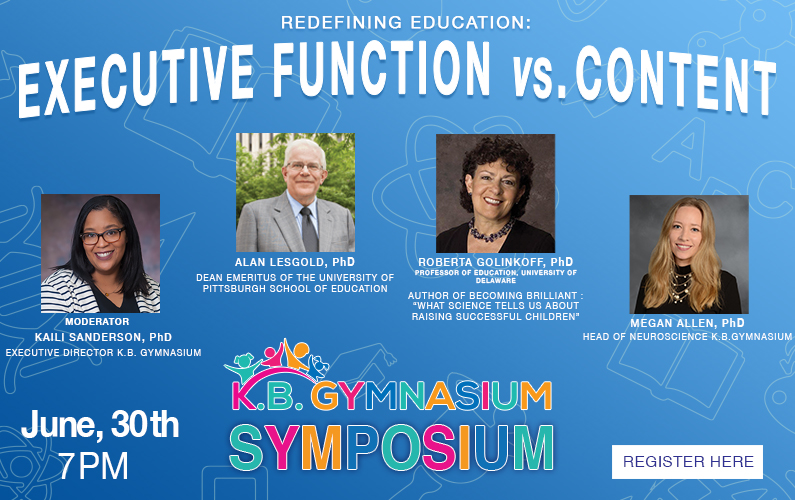Learning in young children is socially mediated. Families, peers, and teachers are all
important. Even basic perceptual learning mechanisms such as the statistical learning of
linguistic sounds require direct social interaction to be effective. This limits the benefits
of educational approaches such as e-learning in the early years.
Learning by the brain depends on the development of multi-sensory networks of
neurons distributed across the entire brain. For example, a concept in science may
depend on neurons being simultaneously active in visual, spatial, memory, deductive, and kinesthetic regions, in both brain hemispheres. Ideas such as left-brain/right-brain
learning, or unisensory ‘learning styles’ (visual, auditory, or kinesthetic) are not
supported by the brain science of learning.



